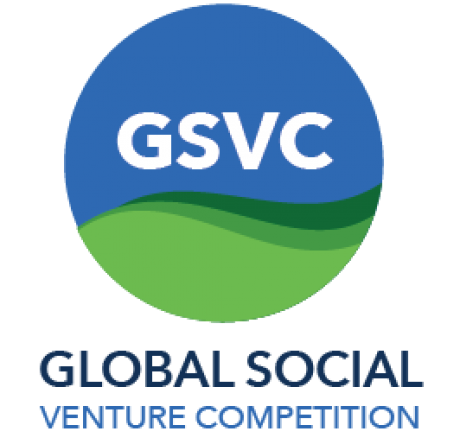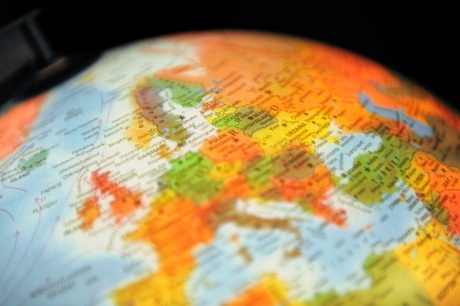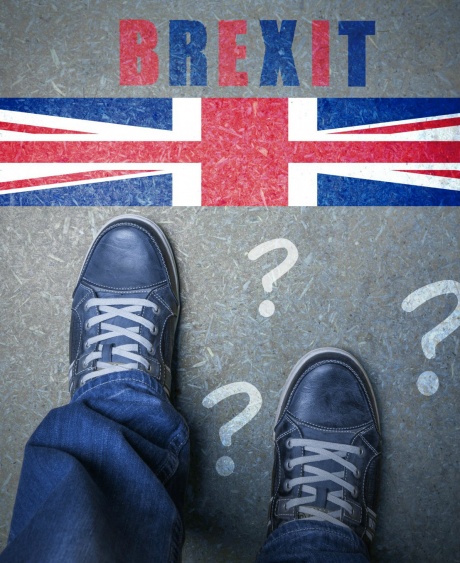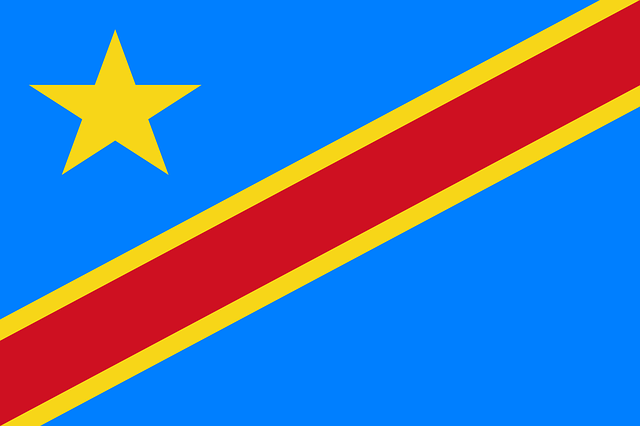
Global Social Venture Competition 2017

The Global Social Venture Competition (GSVC) empowers the next generation of social entrepreneurs by providing them with mentoring, exposure, and over $80,000 in prizes to transform their ideas into ventures that address the world’s most pressing challenges. Teams from across the globe learn how to design scalable models through a process that emphasizes stakeholder discovery, business innovation, and social impact assessment.
Founded by MBA students at UC Berkeley’s Haas School of Business in 1999, the GSVC has evolved into a global network of premier business schools, universities, and programs in the US, Europe, Asia, Africa, and Latin America. Each partner school and program is supported by a network that includes other universities and organizations, judges, mentors, and investors focused on social impact, innovation, and entrepreneurship. In 2016, GSVC received nearly 500 entries from 50 countries. GSVC has helped launch successful social ventures such as Revolution Foods, d.light, Husk Power, Ethos Water, Sanergy, and World of Good.

Type
Conferences
Location
UC Berkeley
Date & Time
Apr 6-7, 2017








